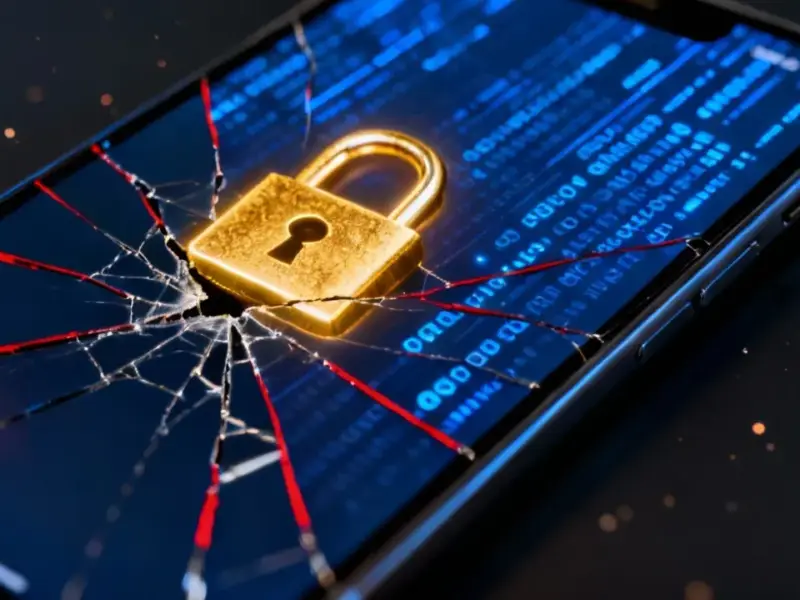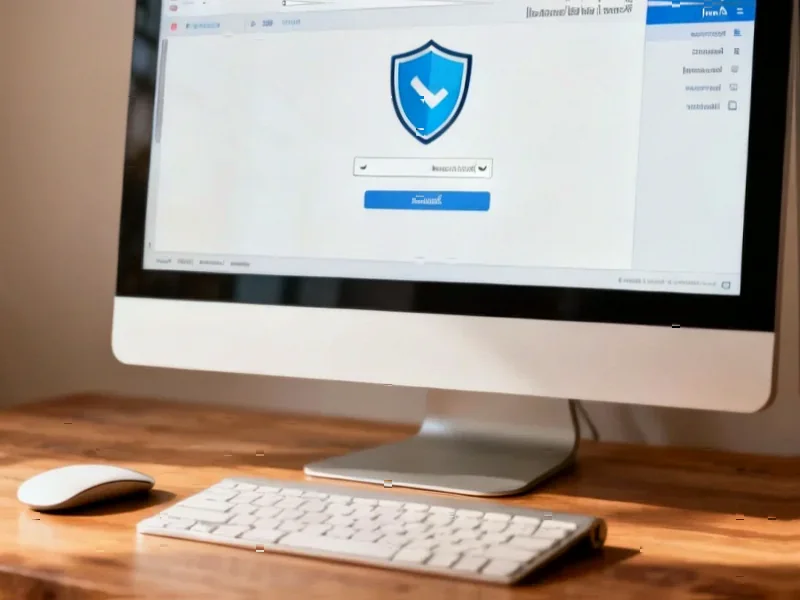According to Forbes, Google’s vice president of trust and safety Laurie Richardson has confirmed a major security warning about malicious VPN applications that are spreading across multiple platforms. These fake VPN services, which often use sexually suggestive advertising to lure users, are actually delivering dangerous malware payloads including password-stealers and remote access trojans. The timing coincides with increased VPN usage following the UK’s Online Safety Act and similar US legislation that makes accessing online pornography more difficult. Google warns these malicious apps can exfiltrate sensitive data including browsing history, private messages, financial credentials, and cryptocurrency wallet information. The company advises users to only download VPN apps from official sources and check for apps with the VPN badge in Google Play.
Why This VPN Warning Matters
Here’s the thing about VPNs – everyone thinks they’re these magical privacy tools, but they’re actually creating a massive new attack surface. When you install a VPN, you’re giving it incredible access to your entire internet connection. It sees everything you do online. So if that VPN turns out to be malicious? You’ve basically invited a spy into your digital life.
And the timing really couldn’t be worse. With new age-verification laws making porn harder to access, people are rushing to download VPNs without doing their homework. They just want to get around the restrictions, and threat actors know this. They’re using exactly the kind of advertising that would appeal to someone looking to bypass content blocks. It’s social engineering at its most effective.
How Fake VPNs Actually Work
These malicious VPNs are particularly sneaky because they often DO work as advertised – at least partially. You might get that porn access you wanted, though usually with painfully slow speeds since they’re piggybacking off legitimate free VPN services. But while you’re enjoying your newly accessible content, they’re quietly installing information-stealing malware in the background.
One investigation found a free VPN hosted on GitHub that was actually a sophisticated malware campaign. The software would execute a dropper called launch.exe that used process injection and DLL side-loading to implant Lumma Stealer – notorious for stealing passwords and even two-factor authentication session cookies. Basically, you think you’re getting privacy, but you’re actually handing over the keys to your digital kingdom.
The Broader VPN Threat Landscape
It’s not just random fake apps either. There was that Google Chrome VPN extension with over 100,000 installs that was caught acting as spyware for five months after an update. Or the fake Android VPN and streaming app that cybersecurity researchers discovered was sideloading sophisticated banking trojan malware. Even enterprise users aren’t safe – North Korean threat actors have been using fake VPN invoices in spear-phishing attacks.
And let’s be honest about free VPNs. The old saying “if the product is free, you’re the product” exists for a reason. While not every free app is malicious, free VPNs specifically don’t have the greatest reputation for true privacy. Where are their servers? Who can see your data? These are critical questions that most people don’t ask before clicking install.
What You Should Do Now
First, ask yourself: do you really need a VPN? Most people don’t. That Wi-Fi hacker in the coffee shop is largely mythical for the average user. VPNs aren’t security tools – they’re privacy tools with specific use cases. If you’re just browsing regular websites on public Wi-Fi, you’re probably fine without one.
But if you absolutely must use a VPN, stick to Google’s advice: only download from official sources, look for the VPN badge in Google Play, and avoid sideloading untrusted apps. Be suspicious of any VPN requesting permission to access contacts or private messages. As Cyberinsider rightly points out, using no VPN is better than using a bad VPN.
The bottom line? Be smarter than the scammers. Do your research, stick to reputable providers, and remember that when something seems too good to be true – especially when it’s free – it probably is. Your digital safety is worth more than a few minutes of convenience.





Can you be more specific about the content of your article? After reading it, I still have some doubts. Hope you can help me.